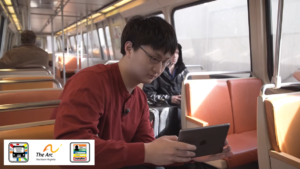
In 2014, The Arc of Northern Virginia collaborated with software partner ONEder to develop the award-winning TravelMate program. TravelMate provides virtual support on a smartphone or tablet, facilitating more independence using the bus, train, and other transportation. By the end of the second year of the program, 96% of users had increased their ability to travel more independently, and nearly half were able to travel completely independently.
How was the TravelMate program born?
In 2013, The Arc of Northern Virginia received a grant from the Federal Transit Administration to develop more travel trainers for individuals with developmental disabilities. There was most certainly a need; at the time there was only one travel trainer at the Washington Metropolitan Area Transit Authority dedicated to working with individuals with developmental disabilities for all of Maryland, D.C. and Virginia. Kymberly DeLoatche was hired to coordinate the project and in her search for a well-liked travel training program, she found that a universal option didn’t exist. Most staff just kind of “did it on their own”. At the same time, Metro had completed a travel training study, and one of the primary insights was that individuals with developmental disabilities took longer to train because they required more repetition of the trip in order to be successful.
A year prior, while Kymberly was attending an Autism Society conference, she noticed an exhibitor who had created an iPad app using real time photos and videos to support an individual with disabilities. She had seen how powerful the iPad could be in the hands of someone with autism and already knew from watching her son, who has Down syndrome that he would watch videos over and over and then get up and perform the action exactly the way it had been done in the video – an “a-ha” moment about how learning uses visual cues.
Putting these two experiences together was the inspiration for the creation of TravelMate. Kymberly called the creator of the software program she saw at the conference and explained her idea about doing an online curriculum that outlines all the steps in taking public transit. ONEder immediately jumped on board and TravelMate was born. It has been a life changing partnership.
Tell us about the community partnership element. What was the process like getting stakeholders and partners on board?
The Arc of Northern Virginia is fortunate to have a wide circle of community partners. When we first recruited individuals to form a Travel Training Project Advisory Board, it was an easy ask. We brought representatives from school districts, the local Community Services Boards, the Department of Aging and Rehabilitative Services, private and public employment providers, and of course parents and individuals with developmental disabilities. Teachers and job coaches guided the development of the curriculum and assessments. Individuals with developmental disabilities were involved in creating and presenting on curriculum, guides, and training programs. Having this level of community involvement from the very beginning is a key element of the continued success of our programs.
What are some secondary effects you’ve seen as a result of the success of the program?
Using visual cues and photos with a touch screen has proven to be a vastly superior format for learning for individuals with developmental disabilities. TravelMate allows each individual to use a format (visual checklist, choice board, social story, or real time photos or videos) that works best for them. The technology also allows them to get the repetition they need to succeed without having to actually perform the task with a job coach or teacher. Working with schools, transition teams, and employment providers in the community provides a more seamless transition for the individuals from school to the work environment. From the very first training program in 2014, we saw school programs adding more curriculum time for travel training and not just “making it up on their own” as they had been doing in the past.
What – if any – are your next steps for expanding the program’s scope or reach?
The Arc of Northern Virginia has already created and launched the companion to TravelMate called EmployMate. It is like having a virtual job coach in your pocket. Because the ONEder platform is 100% customizable to individual needs, a job coach or teacher can go to the employment site as they normally do, create needed activities, monitor performance, and adjust the curriculum accordingly from their laptop.
With the success of these two curricula, The Arc of Northern Virginia’s Tech for Independent Living team is creating additional ‘Mates to address other daily living tasks. In development now are: DailyMate, for daily home living activities; MoneyMate, for budgeting and banking; SocialMate, for navigating personal and professional relationships; and SafetyMate, for navigating interactions with law enforcement and safety tips for home, work and community.
How can other chapters start programs like this in their communities?
Any chapter could write a grant for funds for training and licenses to start a program like this in their community. We started with using 5310 Mobility funds from the Department of Transportation’s Federal Transit Administration.
Without having to recreate the wheel, other chapters that have employment programs could use our ‘Mates curricula immediately with their current clients. The curricula can be provided directly, or a chapter can use a “train-the-trainer” model as we have done, to engage partners in the community. For any additional information, feel free to email Peter Leisen, Project Coordinator, at pleisen@thearcofnova.org or phone 703-208-1119 ext. 112.
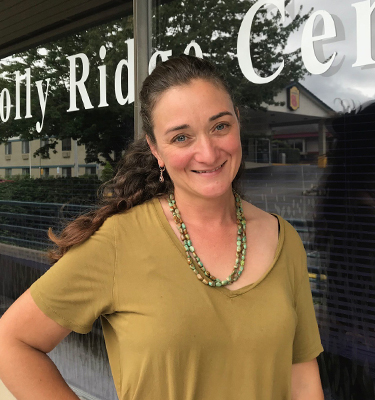

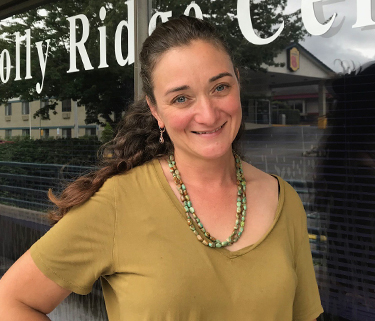


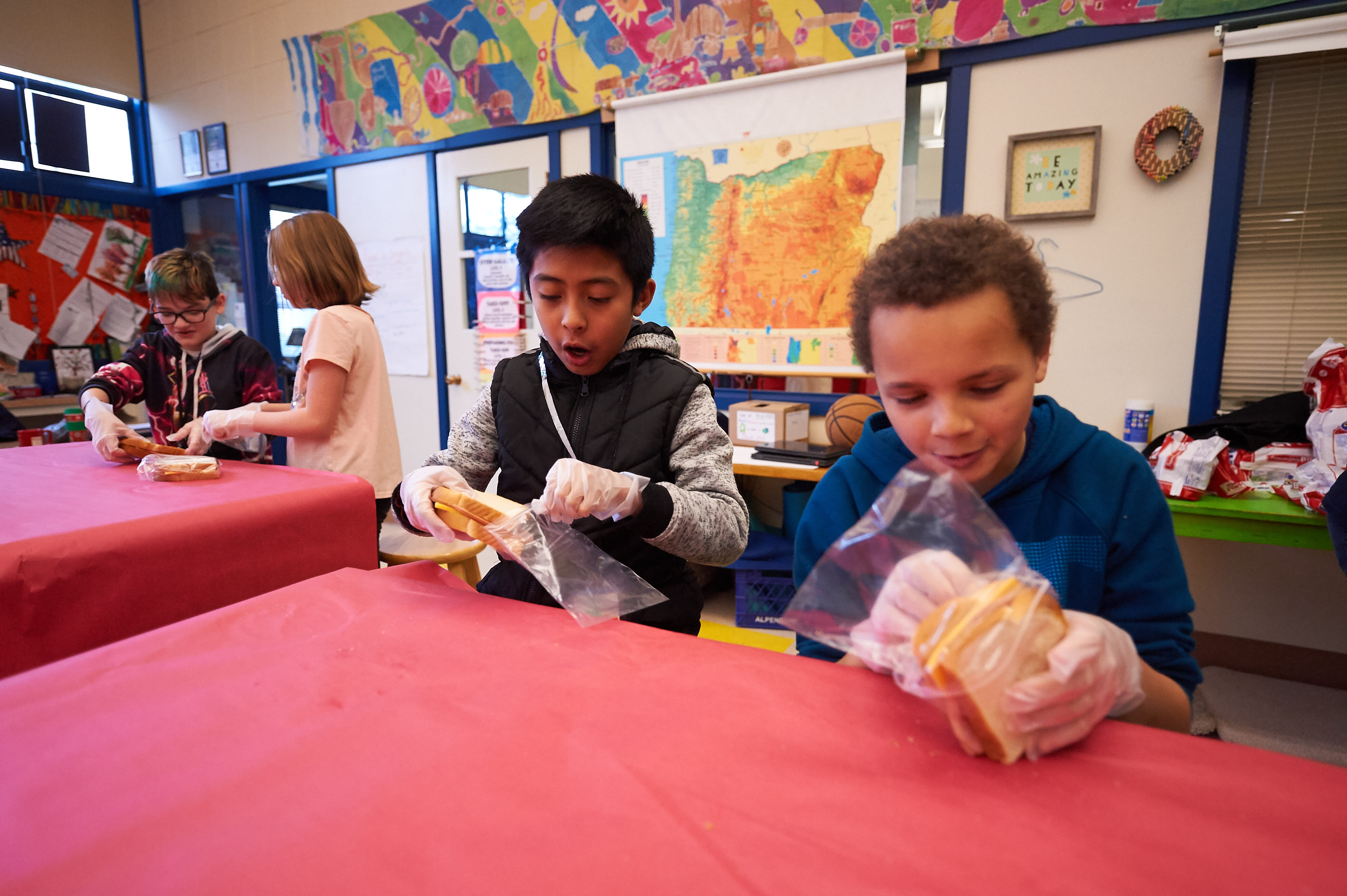
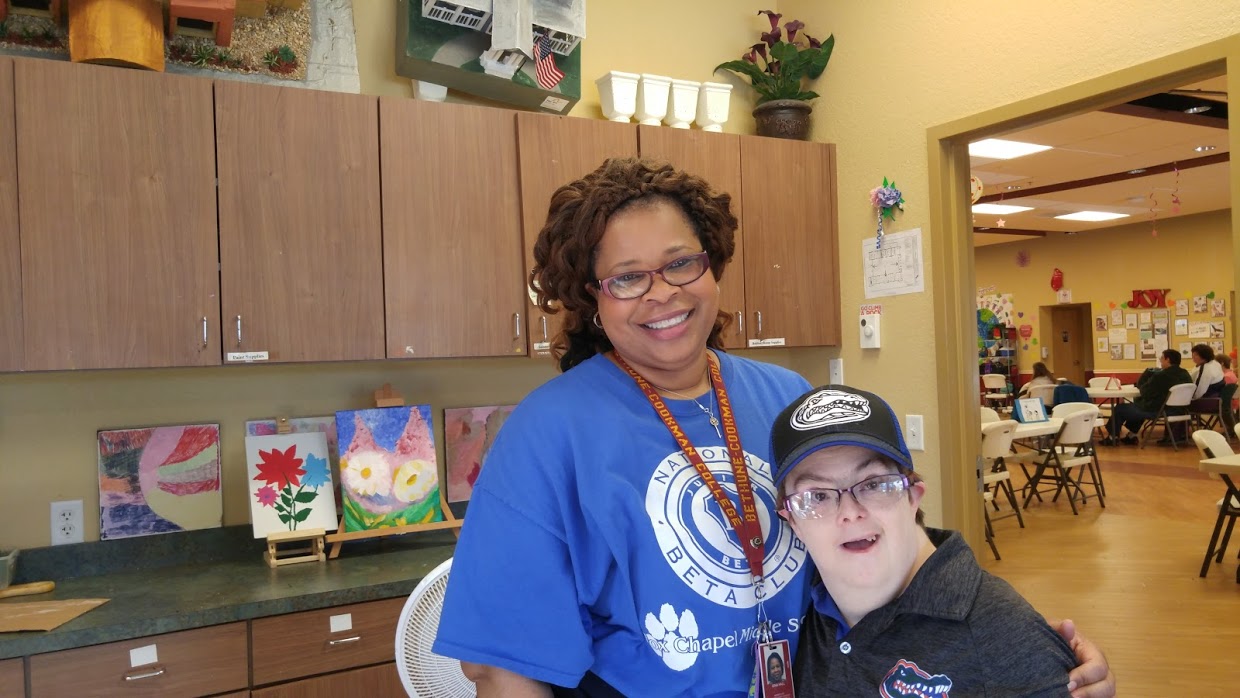
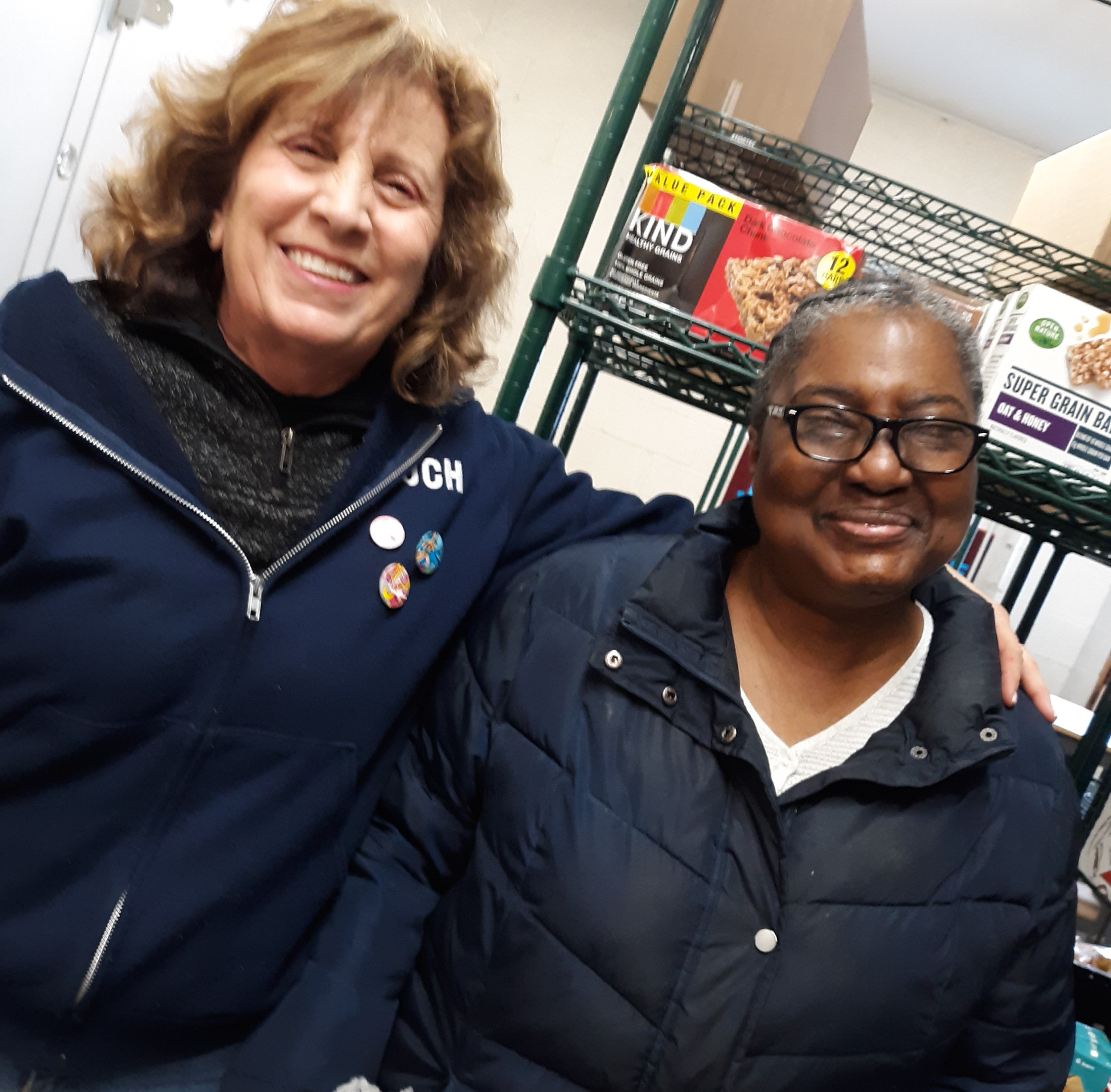
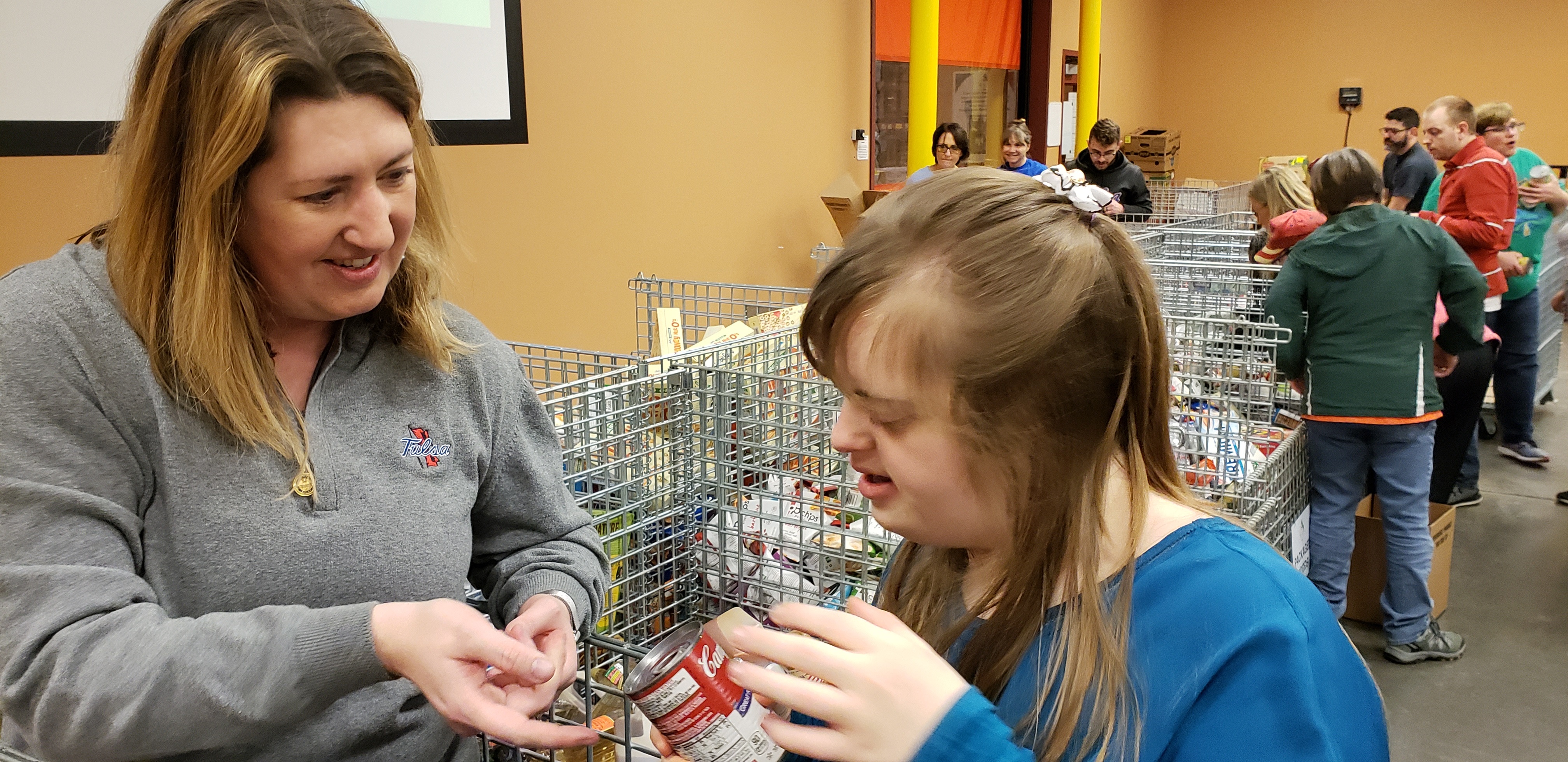
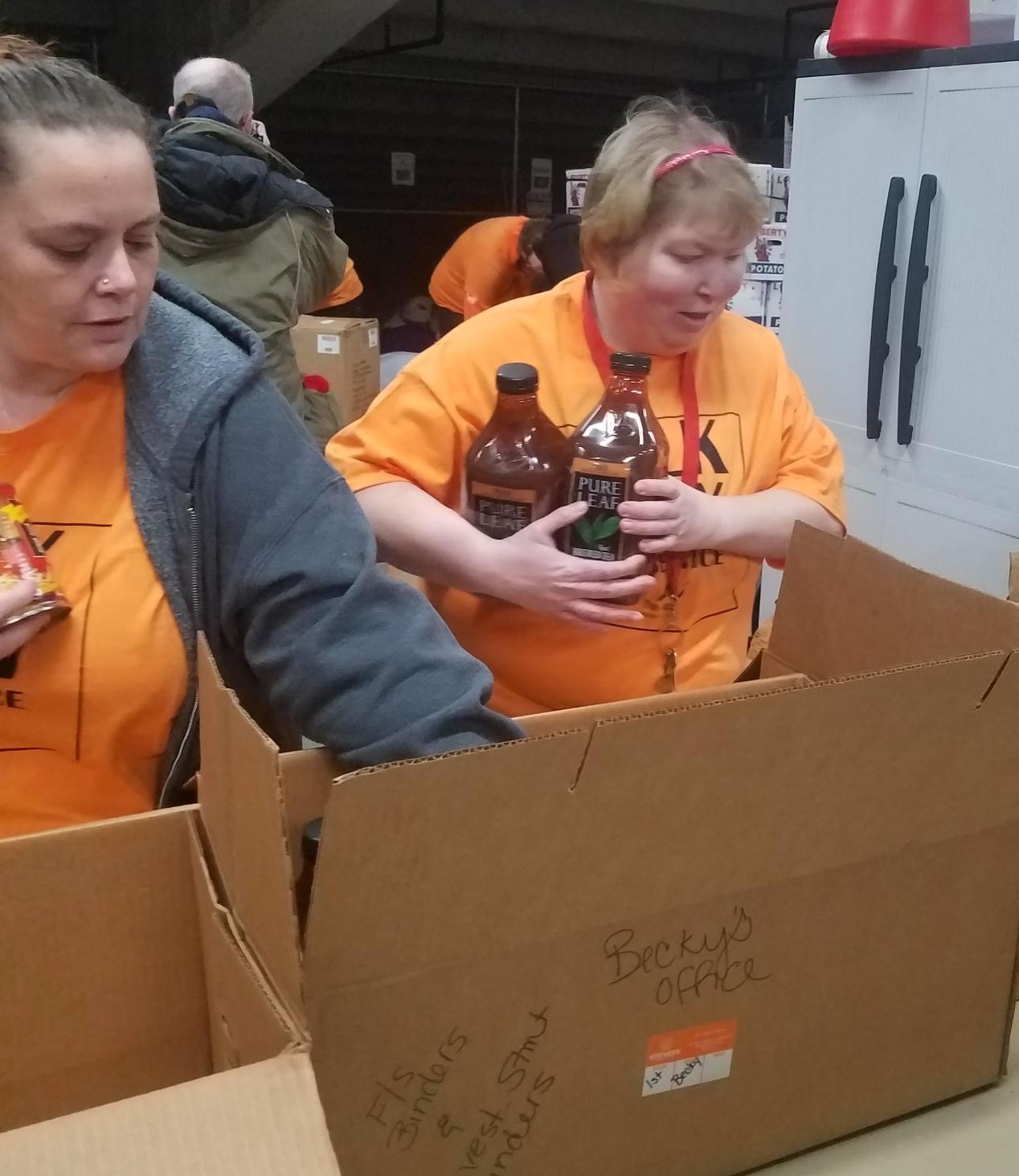
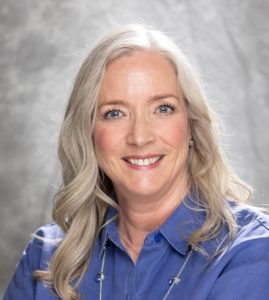 The Arc of the Central Mountains recently opened their doors to support people through advocacy, outreach, and policy in a rural area of the Colorado mountains. They immediately found themselves in court supporting some of the individuals in their community. One of these cases evolved into providing supports for a young adult who was facing multiple felony charges for stalking and who was in the middle of reapplying for DACA status. The work of The Arc of the Central Mountains has resulted in the creation of a truly community-based support system for this young man, while at the same time building a relationship with a local judicial system, resulting in his four cases being dismissed. In this interview, The Arc of the Central Mountains’s Executive Director Jill Pidcock talks about the about the work the organization is doing and how they are making a positive impact in their community.
The Arc of the Central Mountains recently opened their doors to support people through advocacy, outreach, and policy in a rural area of the Colorado mountains. They immediately found themselves in court supporting some of the individuals in their community. One of these cases evolved into providing supports for a young adult who was facing multiple felony charges for stalking and who was in the middle of reapplying for DACA status. The work of The Arc of the Central Mountains has resulted in the creation of a truly community-based support system for this young man, while at the same time building a relationship with a local judicial system, resulting in his four cases being dismissed. In this interview, The Arc of the Central Mountains’s Executive Director Jill Pidcock talks about the about the work the organization is doing and how they are making a positive impact in their community.
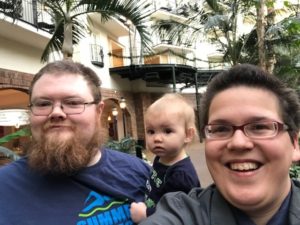 On November 7th, I got to go to Tennessee for the first time for The Arc’s National Convention! It was a blast. When I found I won the scholarship, my husband and I saved up so he and my daughter got to come with me and see the sights.
On November 7th, I got to go to Tennessee for the first time for The Arc’s National Convention! It was a blast. When I found I won the scholarship, my husband and I saved up so he and my daughter got to come with me and see the sights.





